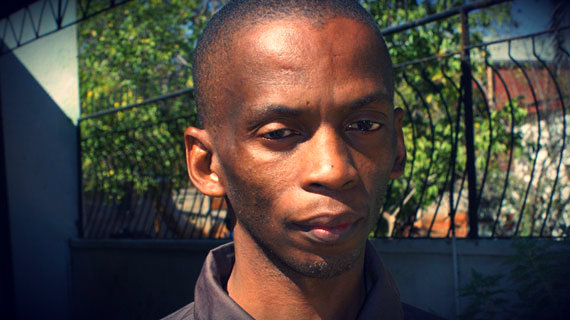
THE revival of Bulawayo, which once was the industrial hub of the country, has been a topical issue in the past few years.
In this article, I would like to suggest some ideas and issues that we need to consider in reviving the City of Kings. I would like to suggest that we, as citizens of Bulawayo both at individual and corporate levels, have to gravitate toward new paradigms of socioeconomic development and not necessarily be stuck in that moment of history almost 40 years ago when Bulawayo was the industrial hub of Zimbabwe.
We need to envisage Bulawayo as it will be in 20 to 50 years, not return it to what it was 40 years ago.
The dictates of globalisation and the information communication technology revolution make it imperative for the city to reposition itself, identify its strategic competencies and build its development foundations upon new opportunities in the new national and global socioeconomic and political environment .
It may be a fallacy to think the same industries that made Bulawayo the industrial hub of Zimbabwe 40 years ago can be revived in the same state and compete with industries, for example, in the emerging economies of Brazil, Russia, India, China and South Africa. It may be necessary to identify the new competitive advantages of Bulawayo and build upon old ones which are still feasible.
I would like to argue that the future growth of Bulawayo should be premised on the following fundamentals and considerations:
- Development of alternative, renewable, eco-friendly and sustainable energy sources
- Utillisation of the huge potential in tapping surface and underground water
- Masive investment in road, rail and air infrastructure mainly through private public partnerships
- Exploiting the potential of the extractive sector with huge possibilities in gold, diamond and coal mining
- Devolution of power and decision-making to maximise on local resource potential and access to decision-makers for corporate and individual citizens.
These fundamentals will then inform the growth of industry and business activity in Matabeleland in general and Bulawayo in particular in the following ways:
- Currently, industry cannot reach capacity utilisation targets, let alone compete with huge production volumes of competitors. Production has been severely affected by perennial load-
shedding and power cuts. The exploitation of alternative, sustainable and renewable energy would be foundational to the growth of industry in Bulawayo
- Chamisa under fire over US$120K donation
- Mavhunga puts DeMbare into Chibuku quarterfinals
- Pension funds bet on Cabora Bassa oilfields
- Councils defy govt fire tender directive
Keep Reading
- Completion or commencement of water projects such as the Gwayi-Shangani Dam, the duplication of the Insiza Dam and the subsequent release of Mtshabezi Dam to support irrigation in Umzingwane. Bulawayo will not grow or attract investment without sufficient reserves of water for domestic and industrial purposes
- Investment in transport infrastructure namely roads, rail and the Joshua Mqabuko Nkomo International Airport will play a critical role in ensuring that Bulawayo repositions itself as a strategic route to South Africa, Botswana and Zambia in the context of the Sadc region. Already the Plumtree–Bulawayo-Mutare Highway is due to be constructed, opening avenues to the Eastern Highlands and Mozambique.
The Joshua Mqabuko Nkomo International Airport refurbishment and expansion has to be expedited to boost the tourism industry. It will ensure easy access to tourist destinations in Victoria Falls and Hwange which have the potential of raking in millions of dollars.
The growth of the sector will largely depend on the development of a sound road, rail and airport infrastructure.
Millions of dollars will also be required to revive the rail industry as it will play a critical role in catalysing industrial growth premised on coal in Hwange, iron and steel in Kwekwe and timber in Matabeleland North. These will provide a basis for the redevelopment of heavy industry and furniture industry.
I fully subscribe to MDC leader Welshman Ncube’s bid to have Bulawayo declared as the seat of Parliament. All progressive people and Bulawayans will support this move, especially seeing that funds are actually available for the construction of a new Parliament building.
The actual construction of the Parliament building will generate activity for the construction industry, while also providing jobs in downstream industries such as transport.
Hotel and hospitality will benefit as a result of the increase of parliamentary activity in Bulawayo. Tourism is one competitive advantage for south-western Zimbabwe.
Bulawayo can also position itself as a centre of arts and culture giving rise to cultural tourism, festivals and carnivals with their downstream contribution to the economy.
- The revival of the livestock centre will be central to the growth of industry in the city as it is located in a region which has a climate and geography suited to ranching. It will, however, take up to five years for the Matabeleland region to build its herd levels to pre-2000 ones. Bulawayo must take its place in the sun.
- Dumisani Nkomo is an activist and opinion leader










